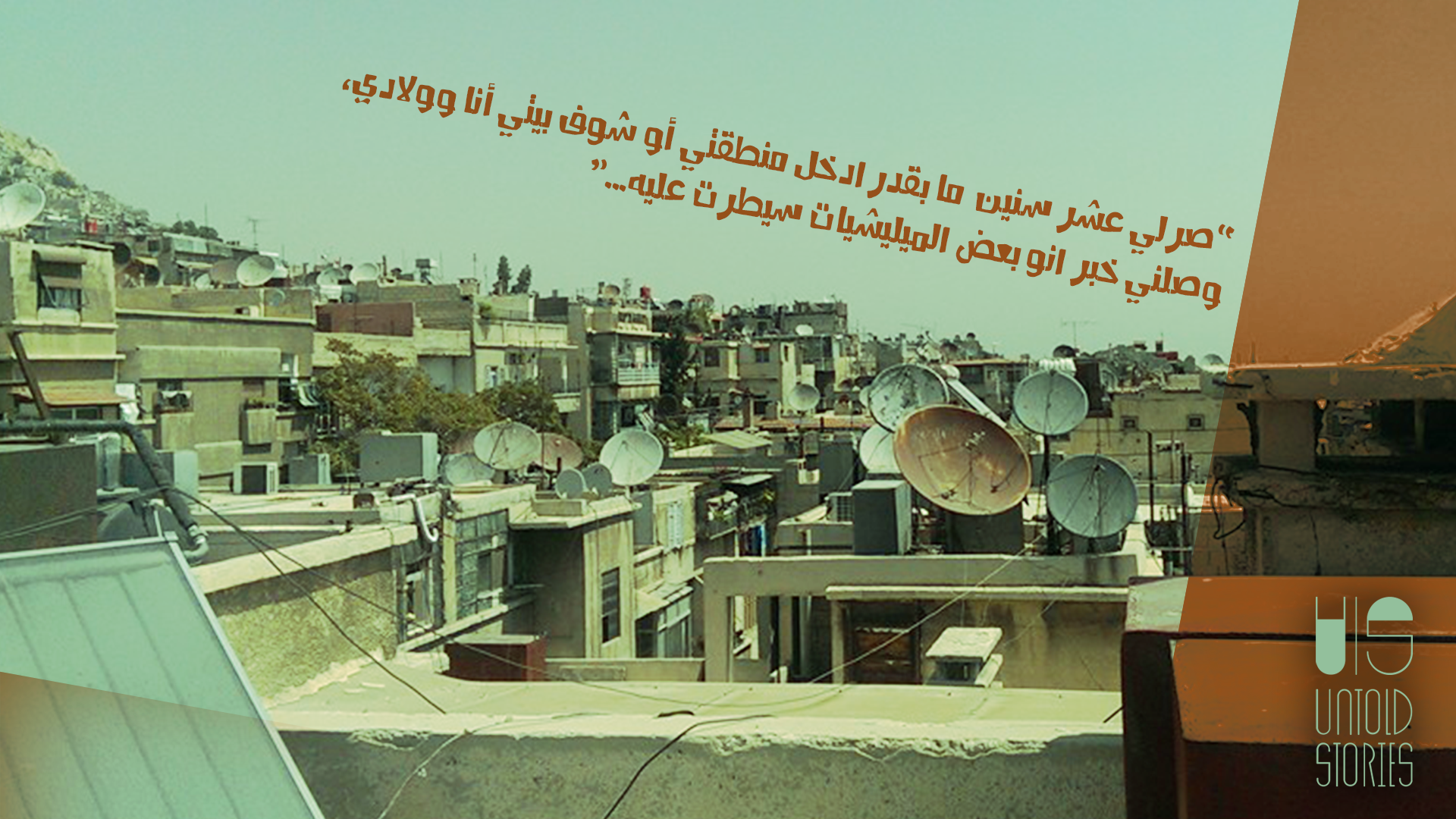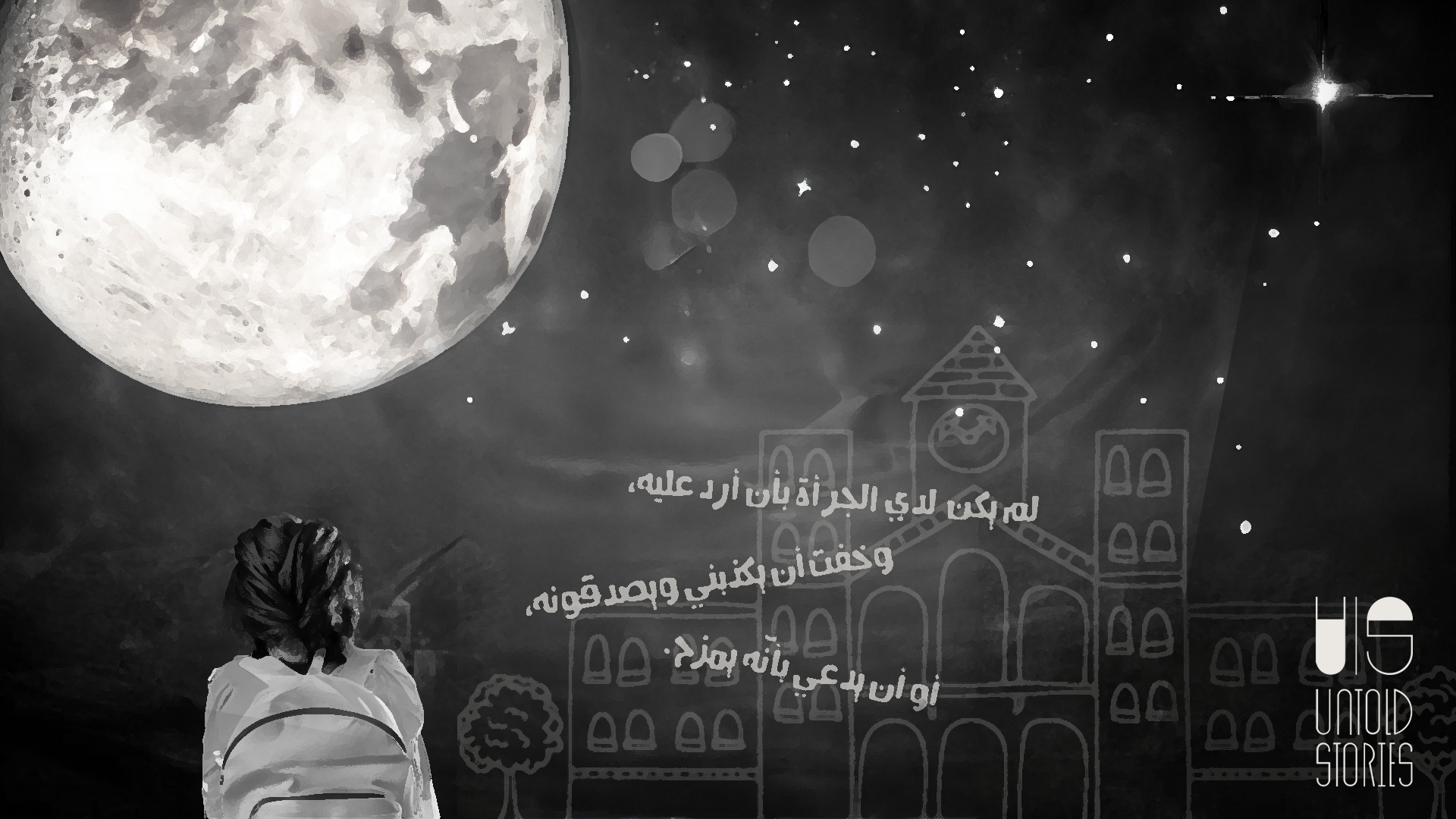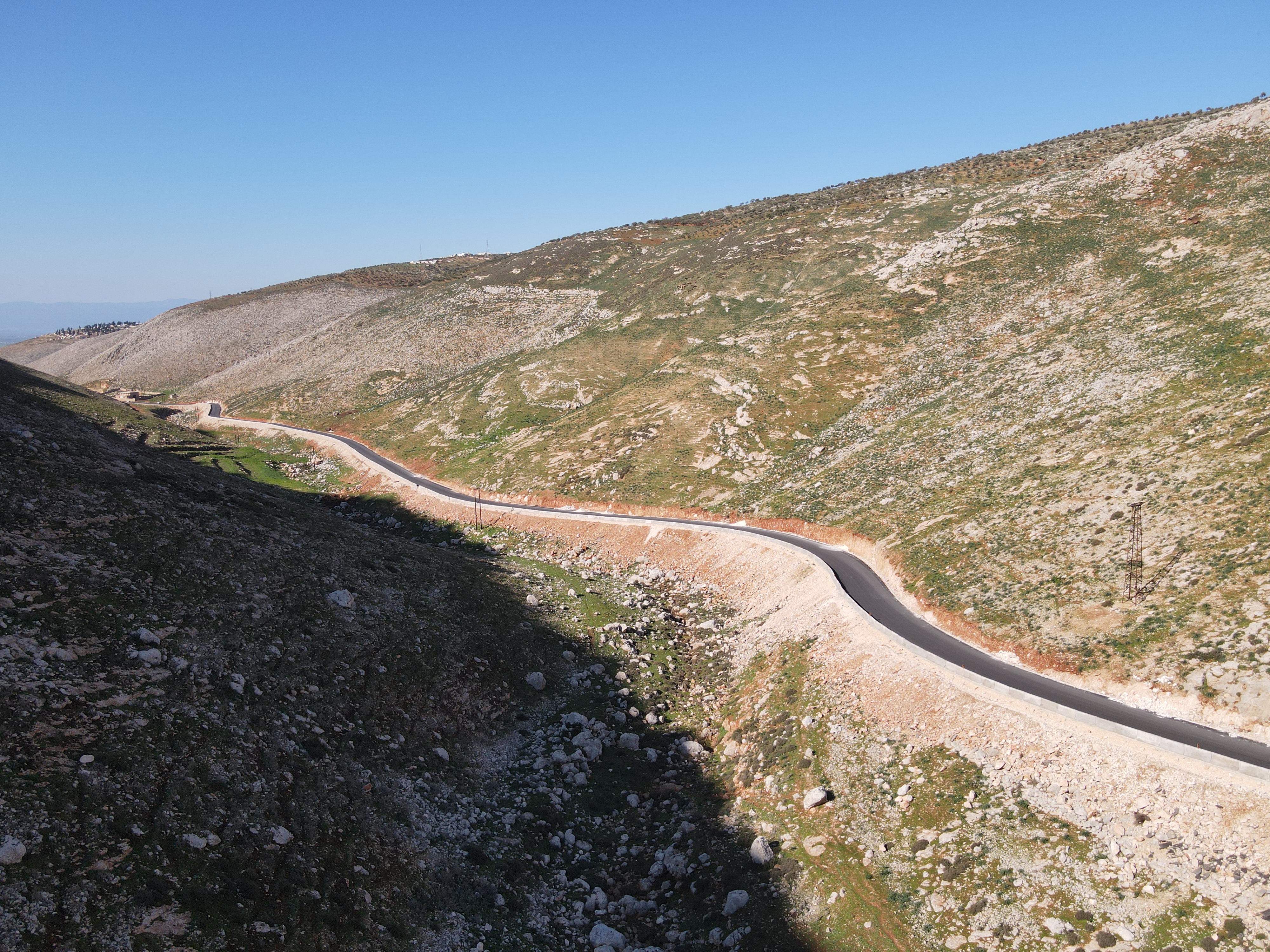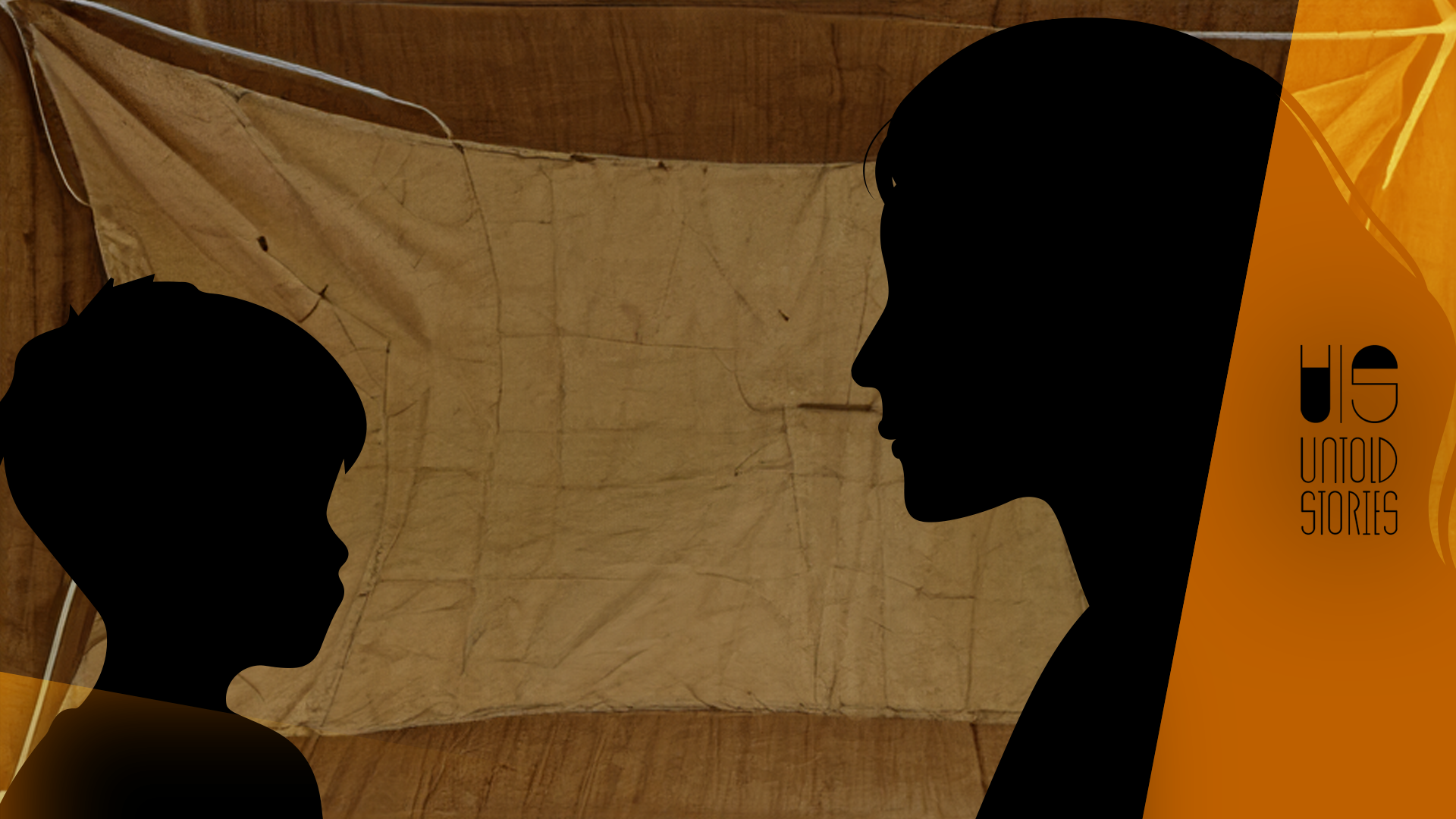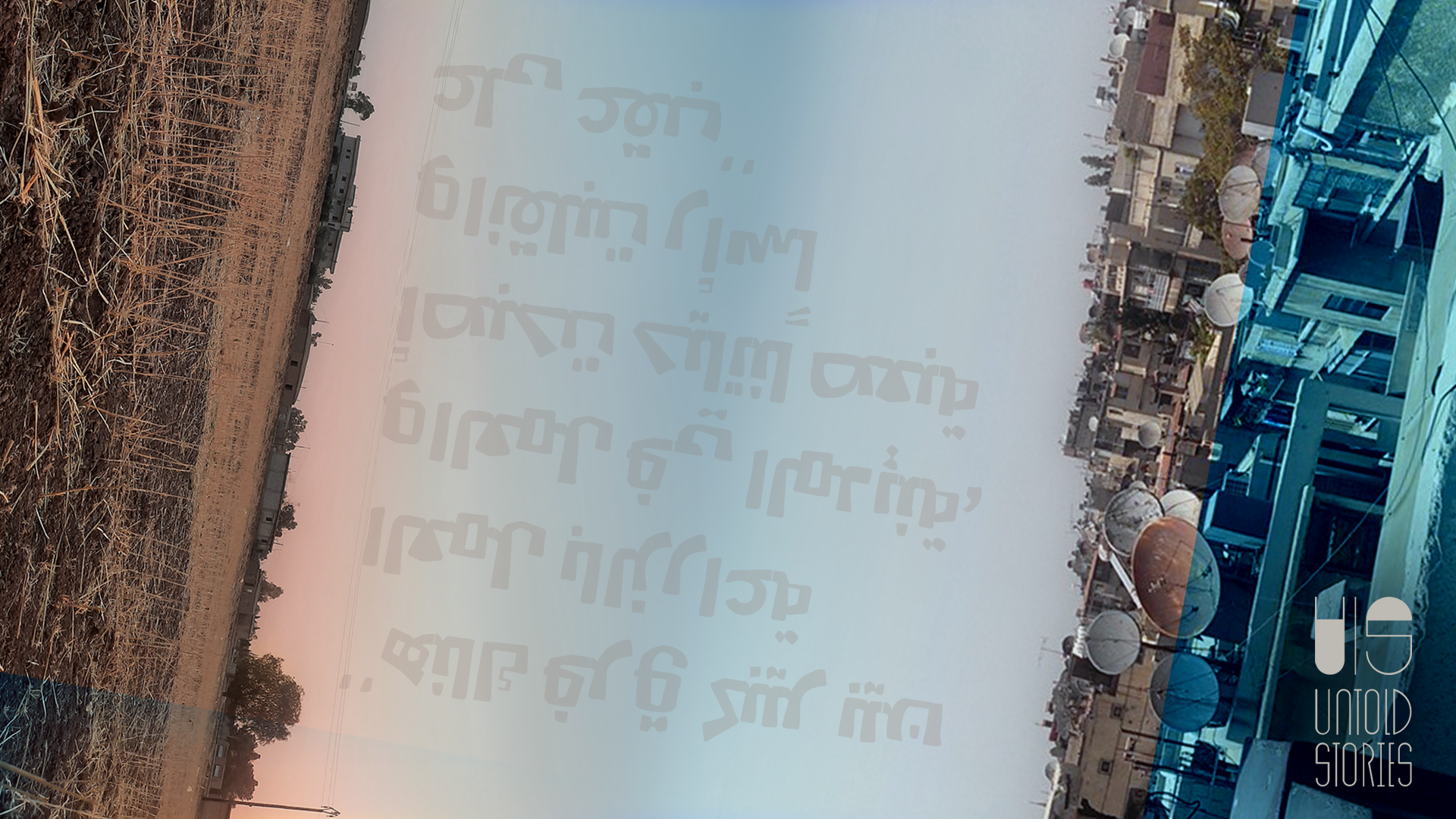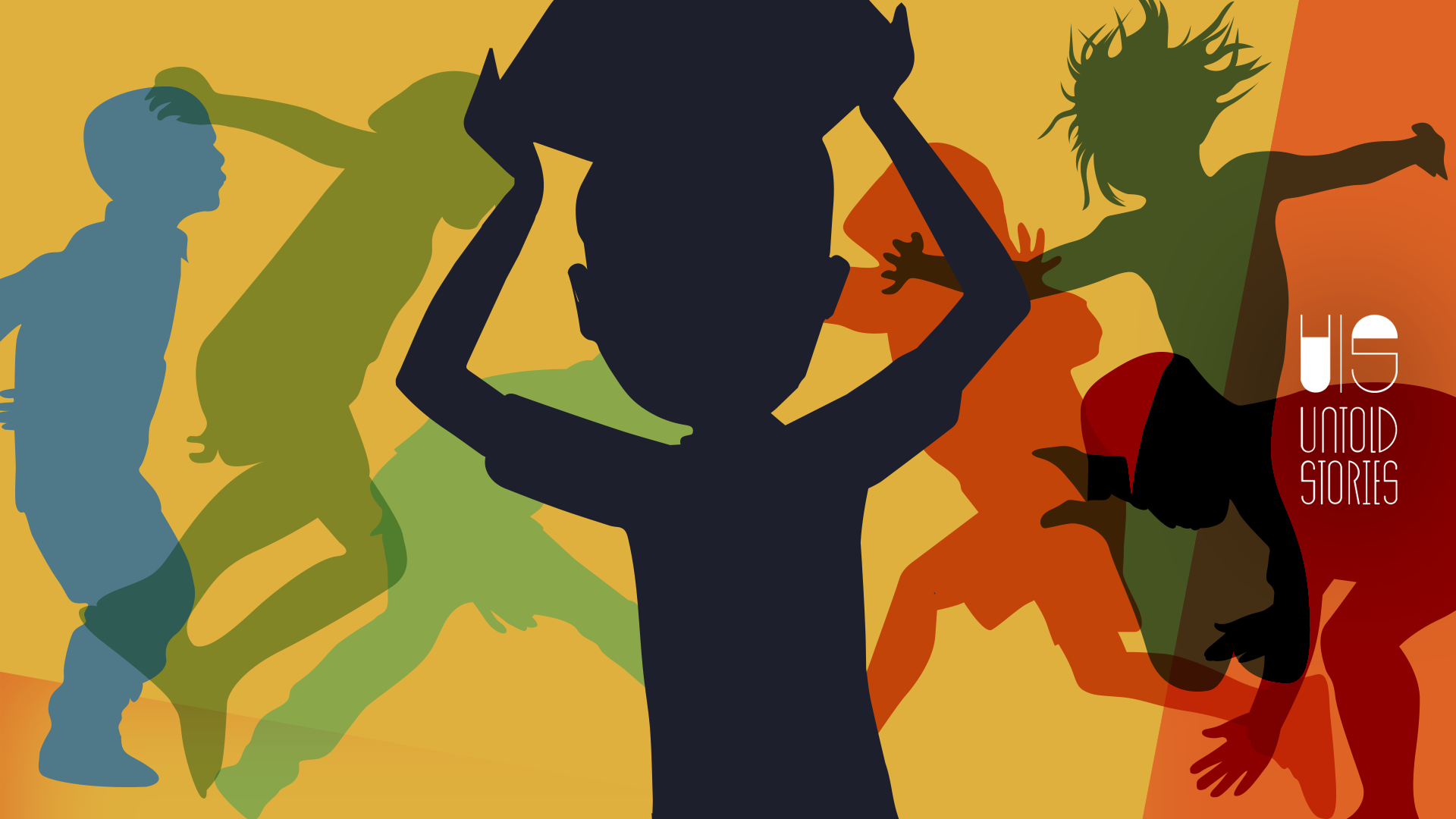This article is published as part of a political economy file entitled: “Arab Economies and the Mirrors of Their Crises,” which is prepared by the Febrayer Network with contributions from independent Arab platforms. You can read the introduction to the file (in Arabic) through this link.
Inside her tent in the Marj refugee camp on the outskirts of the Bekaa Valley, where she has been living for ten years, Syrian refugee Khawla, 34-years-old, sits cradling her youngest child in her arms. With a compassionate look, she nods and says: "He hadn't reached his fourth month when I felt I was pregnant again. I was sure that I didn't want this fetus; I couldn't afford it." However, the economic collapse she faced after seven years of seeking refuge, intensified the dilemmas surrounding the choice between aborting the fetus or continuing with the pregnancy.
She wasn't aware that she was pregnant as she usually experiences irregular menstrual cycles, resulting in intermittent bleeding outside menstruation periods. This means that the primary indicator for detecting pregnancy was absent due to gynaecological infections, which are directly linked to the collapsed economy that forced Khawla, and the vast majority of women residing in the camp, to replace sanitary pads with cotton fabrics due to their increased price after the economic collapse from 30,000 Lebanese pounds to over 200,000 pounds.
In 2019, specifically in August, years of accumulated mismanagement, neglect, and corruption erupted in an economic collapse classified by the World Bank as one of the three most severe crises globally since the mid-nineteenth century. This collapse led to a decrease in the Gross Domestic Product (GDP) by around $20.5 billion in 2021, and the Lebanese pound lost more than 90% of its value. This destroyed the purchasing power of citizens and refugees alike, causing the cost of all goods and commodities to skyrocket rapidly.
A study conducted and published by Sifr website clarified that the Lebanese economy had been plagued by structural flaws for decades, but it exploded in 2019, drowning the country into a debt crisis where the debt-to-GDP ratio exceeded 180%. This was confirmed by data from the Association of Banks in Lebanon at the time, which indicated that the country's external debt reached $91 billion. The same study also highlighted that the healthcare sector was one of the most affected sectors in terms of human and material capital.
Amidst all of this, and perhaps at the heart of its direct impact, Khawla had to find a way to access a gynaecological clinic to determine the cause of the recurring bleeding she was experiencing. However, visiting a private gynaecological clinic was not an available option, even in emergencies, due to the high cost of consultation, which ranges between 900,000 Lebanese pounds (about $12) and 3 million pounds (equivalent to $38). This forced her to rely on public dispensaries that provide healthcare services to refugees in collaboration with the UNHCR, where the cost of consultation is 100,000 Lebanese pounds.
While this amount may seem insignificant, equivalent to approximately one US dollar, its significance amplifies when considering that these women heavily rely on assistance from the UNHCR. This aid, amounting to $25 for a family of five or less, is provided in the form of a food basket.
The combination of this reality with the forced isolation imposed by Lebanese authorities on Syrian refugees exacerbates the situation, isolating these women from society and all aspects of life and work. With UNHCR aid reaching only a portion of families, women are compelled to prioritize their children's food over their own sexual and reproductive health. This prioritization reflects one of the survival strategies adopted by these women amidst extraordinary circumstances such as economic collapse.
Khawla explains that “with that 200,000 or 100,000, I can either buy sanitary pads or go to the doctor. I can buy something to feed my children tomorrow, even if it's just soup.”
On the other hand, the World Health Organization defines sexual and reproductive health as a state of complete physical, mental, and social well-being in all matters relating to the reproductive system. This encompasses enjoying a satisfying and safe reproductive life, the ability to have children, and the freedom to make decisions about when and how often to have children.
To maintain sexual and reproductive health, individuals require access to accurate information and appropriate examinations at a reasonable cost. However, accessing the clinic was not easy for Khawla; it was not always available. The gynecological clinic opens its doors only one day each week, requiring women in need of visiting to arrive early in the morning to secure a spot for examination.
“I visited the clinic several times after my period was absent for two months. I would wait from seven in the morning, and often the clinic hours would end at four in the afternoon before it was my turn for examination," Khawla adds.
She was forced to go multiple times and wait for long hours until she was fortunate enough to be admitted for examination, where she learned that she was pregnant. Pregnant in a collapsed country inside a camp where she cannot secure the basic requirements of life, she murmurs as she brushes the dust off the cement floor of the tent with her hand. "I told the doctor that I did not want to continue the pregnancy, and I did not want to keep this fetus. She replied to me that the fetus had a heartbeat and that aborting it is illegal and not a service provided by the clinic.”
In this regard, the United Nations High Commissioner for Refugees (UNHCR) clarifies on its website regarding its activities concerning reproductive health that the services it provides "respect different religious and cultural customs." This explains why abortion is not offered as a medical service in clinics affiliated with or contracted by the UNHCR.
Not only do customs and traditions pose obstacles to safe abortion for women, but Lebanese law also criminalizes abortion. Article 542 of the Penal Code states that "whoever, by any means, causes a woman to miscarry or attempts to cause her to miscarry, shall be punished by imprisonment for a term of one to three years, even with her consent." Articles 539 and 540 of the same law also stipulate that "Anyone who works to disseminate or distribute means of abortion, or facilitates their use, as well as anyone who sells or offers for sale such means, shall be punished with imprisonment and a fine."
Therefore, Khawla had to search for a way to have an abortion outside the clinic. However, the few hospitals that perform this procedure cost $900, while private clinics charge $400. Since she did not have the money, she could not terminate the pregnancy. She concludes by saying: "I wish I had aborted in a hospital, on a clean bed, but the $900 they asked me for to have the abortion in a hospital prevented that."
Under current conditions, abortion in private clinics is considered unsafe due to the stringent medical standards required for the procedure to be classified as safe. A Lebanese gynecologist, who declined to disclose her name due to the legal ramifications of discussing abortion publicly, elaborated on this issue: "Safe abortion can be conducted in two ways. The first method involves using abortion pills, which are effective and safe up to the end of the third month of pregnancy. These pills are administered according to the instructions provided by the woman's healthcare provider. The second method entails performing the procedure in a hospital, within a meticulously prepared and sterilized operating room. This includes the presence of an anesthesiologist and the necessary equipment, with medical monitoring of the woman's health condition for two days following the abortion to address potential complications such as bleeding."
According to a report published by the World Health Organization in late 2021, unsafe abortion accounts for between 4.7 and 13.2% of maternal deaths annually. Estimates in developed countries indicate that 30 women die per every 100,000 unsafe abortion cases, while this number rises to 220 deaths per every 100,000 unsafe abortion cases in developing countries.
The report also indicates that the number of women treated in hospitals due to complications from unsafe abortion reaches seven million women in developing countries alone.
A Journey Between Two Dangers
Samar, a Syrian refugee (alias name/32 years old), experienced the ordeal of unsafe abortion in 2022 when she was in the third month of pregnancy, but with added peril. Recalling the incident with much sorrow, she says: "I risked my life and dealt with a smuggler who took me in his car towards Syrian territories after I lost hope of being able to secure the abortion here. I visited a clinic in Homs, and I was scared throughout the journey, trembling at every glance the smuggler directed at me. However, I was certain that I didn't want this fetus, and that's what I kept telling myself to divert my attention from fear."
The difference between the procedure in Lebanon or Syria isn't about safety but about the amount paid. In Lebanon, she has to pay $400 for an unsafe abortion in a private clinic that isn't equipped. The same medical procedure would occur in Syria, where its law also criminalizes abortion, but the cost of this risky journey with the operation "didn't reach a quarter of the amount required in Lebanon," according to Samar.
During her attempt to obtain the abortion, she faced a lot of blame, whether from the doctors who examined her or from those close to her. She commented on this, saying: "They describe my attempt to abort as if I want to kill my child. A cat eats its kittens when it feels they are in danger. While I'm aware I'm not a cat, they should also know that giving birth in such conditions is a form of killing for both me and the child."
Samar, until today, a year after the procedure, still suffers from constant pain and recurrent bleeding. She also finds it difficult to access necessary healthcare services due to their high cost.
Samar recalls her friend, Samira, who was pregnant when her husband abandoned her in her twenties and wanted to terminate the pregnancy. "She went to have the procedure done at one of the clinics in the Bekaa Valley and died days later. May God have mercy on her. We couldn't file a lawsuit because the doctor was Lebanese, and we had no power or influence."
The absence of documentation and the experience of seeking asylum, coupled with the social isolation faced by refugees, have made them the most vulnerable group. Consequently, they are the most affected by the collapse in terms of reproductive healthcare, according to a healthcare worker specializing in sexual and reproductive health (who refused to clarify her role for fear of prosecution and stigmatization).
"The economic collapse has made accessing these services more difficult in general, as well as making it harder to maintain a desired pregnancy for several reasons,” she continues. “For example, families are forced to share living spaces, which is already common in refugee camps suffering from overpopulation. This turns the decision to keep a pregnancy or not into a public matter, subject to societal and governmental scrutiny, often attributing blame to women and their families, with the collapse as a pretext."
She adds that "criminalizing abortion cannot prevent women from seeking to terminate unwanted pregnancies. Instead, it makes the process unsafe and dangerous, leaving them vulnerable to financial exploitation and sexual coercion by turning to illegitimate clinics."
Privilege Ensures Safe Abortions
In contrast to others, Manal and Hanan had a different experience with safe abortions in Beirut. Despite the financial crisis resulting from the collapse affecting everyone, and the difficulty of undergoing an abortion under a law that describes it as a "crime," women belonging to affluent socioeconomic backgrounds were able to secure abortions in hospitals as if they were in a stable country. However, legal obstacles remain for everyone.
Hanan (alias, 32 years old), a Lebanese citizen, underwent a safe abortion last year at a hospital in Beirut. "The procedure cost me $900, and naturally, it was categorized under a different pretext, so it was performed as ovarian cyst removal rather than abortion because it's prohibited,” she recounts. “However, it was uncomplicated. I visited my private doctor who conducted an ultrasound and blood test to ensure that my hormone levels were normal. Then we scheduled the procedure, which took no more than a quarter of an hour, and I stayed in the hospital for two days afterward for health monitoring." As for Manal (alias, 28 years old), a Syrian refugee, she was "privileged" with her social network, represented by a circle of safe relationships and friendships connected to individuals or activists who worked individually and secretly to secure abortion pills from Europe and distribute them free of charge to women seeking abortion. She was one of them.
"My pregnancy was 12 weeks along, and my friend managed to secure abortion pills for me for free. There were two pills: the first one was called mifepristone, its purpose was to separate the pregnancy sac from the uterus to facilitate its expulsion, while the second one was misoprostol, which helps in the flow of blood and getting rid of the pregnancy sac and its supporting tissues."
She continues: "My friend explained to me in detail how to use them after contacting one of the organizations that provide these instructions with the assistance of doctors, or through self-education, because the same method is available on the official website of the World Health Organization. It was very easy for me, similar to menstrual cramps, and I did not suffer from any infections or other symptoms afterwards."
Then she concludes her conversation with us by saying: "But I consider myself lucky because accessing these pills is not easy. Firstly, they are not available in Lebanon, but they are brought in secretly by some organizations and activists and distributed according to need and within specific circles, because their distribution is considered a crime punishable by law. It is also possible to request them online, but it is a complex and costly process."
It is worth mentioning that these abortion pills are listed among the essential medicines established by the World Health Organization. However, their price, ranging between 110 and 130 euros, raises questions about the possibility of securing them for women residing in camps. A study by the United Nations described their situation as dire, stating that "Nine out of every ten Syrian households live in abject poverty and that the average accumulated debt on households has increased by 18 percent, reaching approximately 1,840,000 Lebanese pounds per family." This study was published in 2020, and undoubtedly, the situation today has worsened exponentially compared to that time.
Against the backdrop of the accelerating economic collapse, driven and nurtured by the Lebanese authorities themselves, who criminalize abortion, women's ability to access reproductive health services, specifically refugees lacking financial means, is declining. They cannot rely on "privileges" to claim that safe abortion is available and accessible because these are individual cases that are only part of a larger picture. Women of different nationalities, social classes, and backgrounds suffer in their struggles to secure safe abortion rights in the face of legislation that still deems it a crime.



